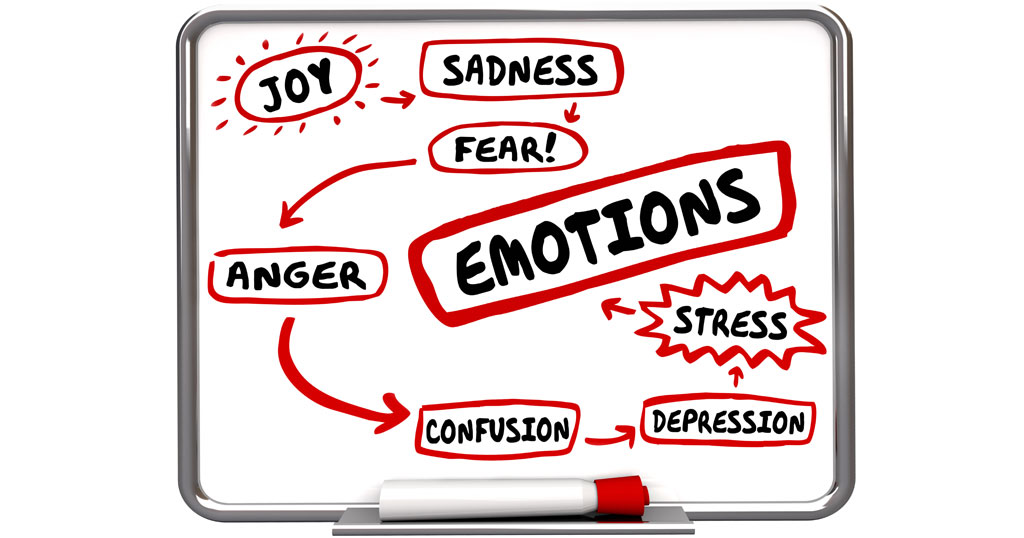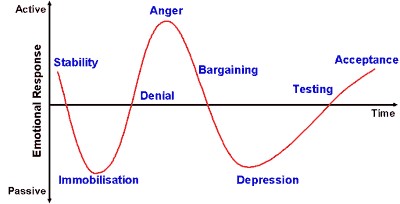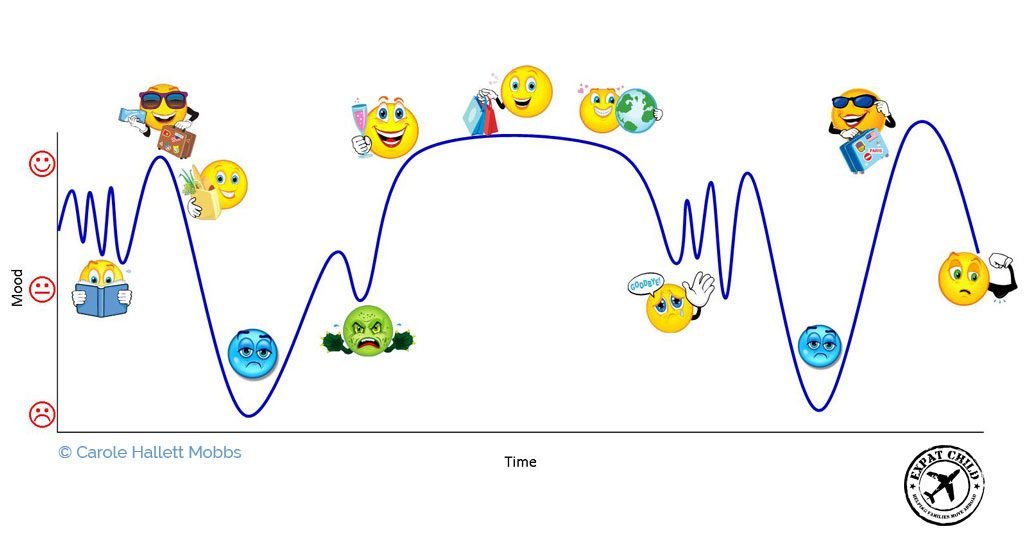Expats and emotional overwhelm
Emotional overwhelm is a recognised and very real condition. It’s the state of being caught up in too many emotions all at once; when all mixed together, they quickly become overwhelmingly negative and effect our ability to think straight, to plan, to make effective decisions and to move forward.
Planning to move and all the rest of it…
So many things happen at once for expats and every event has a different emotional reaction. You spend months planning (which is emotionally exhausting); you start to catalogue a huge list of things to do and ‘The Lasts’ (ie the last time we will go here, the last time I will see x – upsetting). You finally take your leave of your loved ones and everything that is familiar/comforting (terrifying). Then you arrive in a new country (exciting and scary); you settle into a new home, job, school (tiring, exhilarating, frightening). And so on…
Not to mention that just when you think you’ve got it cracked along comes the come down, the six month slump, loneliness, the uncertainty, the homesickness, the guilt, the grief and the feeling of inadequacy in the face of so much change (culture shock). You may find yourself sobbing uncontrollably at random times of the day and being unable to function.
The natural reaction is to start to shut down; to withdraw from social activities, to sleep more than normal (or less; it depends on your personal response) and to avoid decision-making or everyday activities. This is emotional overwhelm and for an expat it’s a very real problem that can impact your ability to enjoy your new adventure if you don’t handle it in the right way.
The good news is, it’s completely normal. The vast majority of expats go through it – but that doesn’t make it any easier when it’s you. More good news is that in the main, it’s not a long-term mental health issue and many of us can get through it without therapy or medication. Take care though, that doesn’t mean it can safely be ignored and if you do find it all too much, please seek help.
What’s the best advice?
“Get over it” and “You made your bed…” are frequently heard from those who feel threatened by our vulnerability. We made the decision to move, so therefore we should suck it up and get on with it. This is of course not helpful and only serves to compound the negative emotions.
“You need therapy” and “Go home, you’re not cut out for this…” are other common examples of misguided helpfulness. This makes you feel worse because it adds the possibility of failure to your growing list.
Another oft-heard comment is “What have you got to worry about? You’re living the dream, you don’t work you live in the sunshine, you sip martinis by the pool every day…” Yeah, that old chestnut is alive and well, unfortunately. Basically, you ‘aren’t allowed to complain’. Not true!
What you need is time, space, understanding and a little bit of knowledge…
Learning to understand emotional change
Consider the Kübler-Ross emotional change model, which lays out the various emotional stages we all go through when faced with major upheaval – denial, anger, bartering, depression, and acceptance. Which stage are you at? Have you progressed from denial to anger? Are you depressed? Despite not feeling like it, this is a good thing. If you’re no longer stuck in denial then there’s evidence that you are moving forward! Take the little things and celebrate them.
Far from hiding your feelings and allowing yourself to feel ashamed that you’re struggling, you need to identify them, talk about them and accept them as normal. Perhaps the move away from familiarity has made you question your sense of identity? Perhaps you feel like you just don’t belong anywhere anymore? Or perhaps you’re struggling to make new connections because you’re afraid to ‘abandon’ your old ones? These are all perfectly normal feelings and accepting you have them does not make you a failure!
Take control
Here’s the thing – we can’t control our emotions. Not because there are too many of them at the moment, but because emotion is a raw human response to any given situation. So, no matter what we do, the mind experiences emotion and we have no choice but to accept it – the trick to coping with it is to teach the body how to respond. For example – anger is an emotion – a raw feeling of heat that is contained within your body and is a reaction to external events. Throwing a tantrum, hitting out at people or throwing things are not emotions – they’re physical reactions to emotions.
So, great news! Right now, you may feel like your emotions are controlling you (because you’re overwhelmed) but you can fight back.
- Acknowledge your sadness but respond by doing something positive to cheer yourself up.
- Acknowledge your fear but choose to face it rather than hiding from it.
- Acknowledge your grief and understand that it’s normal and it will pass; keep in touch with people at home to lessen the burden and to reassure yourself that all is well.
Forcing yourself to respond positively to an emotion that is negative is hard. Really hard. The more often you do it though, the easier it gets and soon you’ll do it automatically – that’s the road to recovery.
Whatever you do, don’t panic – you are awesome! You can beat this.
You may find it helpful to look at the Culture Shock Graph too, as it almost mirrors the one above, but with more detail.
“Not allowed to complain…”
Basically, you aren’t allowed to complain if you’re an expat, according to some people – often your actual friends and family (tip: they’re jealous, ignore them!).
What you need is understanding and somewhere to offload where you aren’t judged. And someone to offload to who completely understands expat life. (Psst, I’m here for you – find out how I can support you here).




